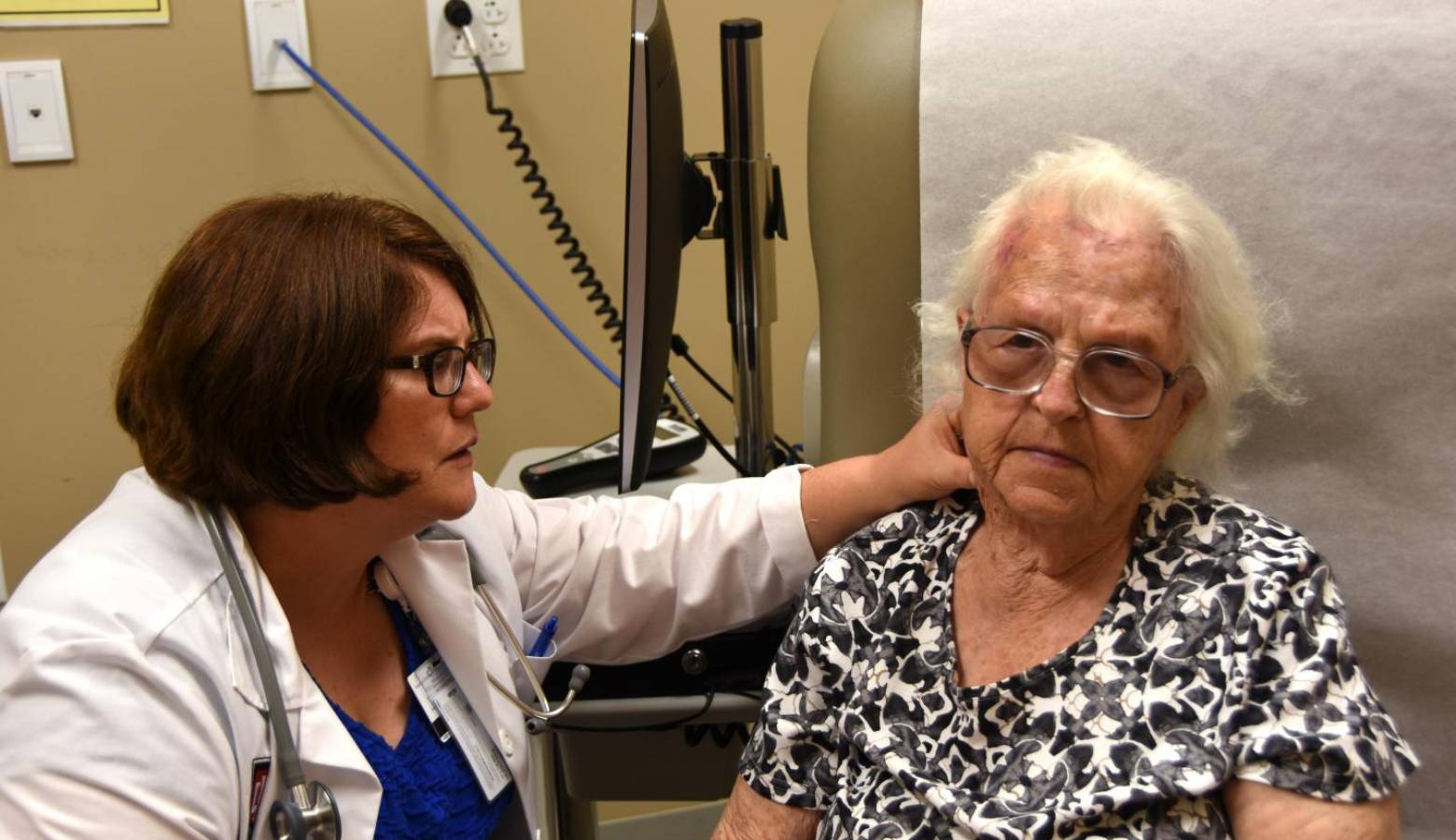Hospital, Nursing Home Re-Admission Drops After Home Visit

Older patients leaving hospitals and then nursing facilities have a better chance of staying at home if they receive an in-home visit soon after discharge according to a recent study from the IU Center for Aging Research and the Regenstrief Institute.
The report finds home health visits within a month reduce the risk of returning to a hospital by almost half. Assistant professor Dr. Jennifer Carnahan says the goal is to keep people out of the health care system.
“The way to do that is keep people independent at home, keep them away from this cycle of constantly being readmitted to the hospital,” says Carnahan.
The study looked at more than 1,500 patients who had been to a hospital and then admitted to a skilled nursing facility for rehabilitation. Carnahan says a visit from a nurse or physical therapist can help identify interventions at home that may have a simple fix.
“If they keep their medicines in one place and they have a hard time walking and getting to them,” Carnahan says.
The study comes ahead of 2018 Medicare changes that will penalize nursing facilities as well hospital if re-hospitalization occurs within 30 days of discharge.
“This is very similar to the penalty that hospitals have been facing for the past few years, now nursing homes are going to get it too,” says Carnahan.
The study found that follow up appointments with physicians did not reduce risk as much. Carnahan says more work needs to be done.
“We aren’t the greatest at communicating with each other and I think that if we can improve communication between providers and home health agencies,” Carnahan says. “We’re going to be able to help these patients even more.”
There are plans to launch an intervention pilot to find out what is most beneficial about home health visits.
